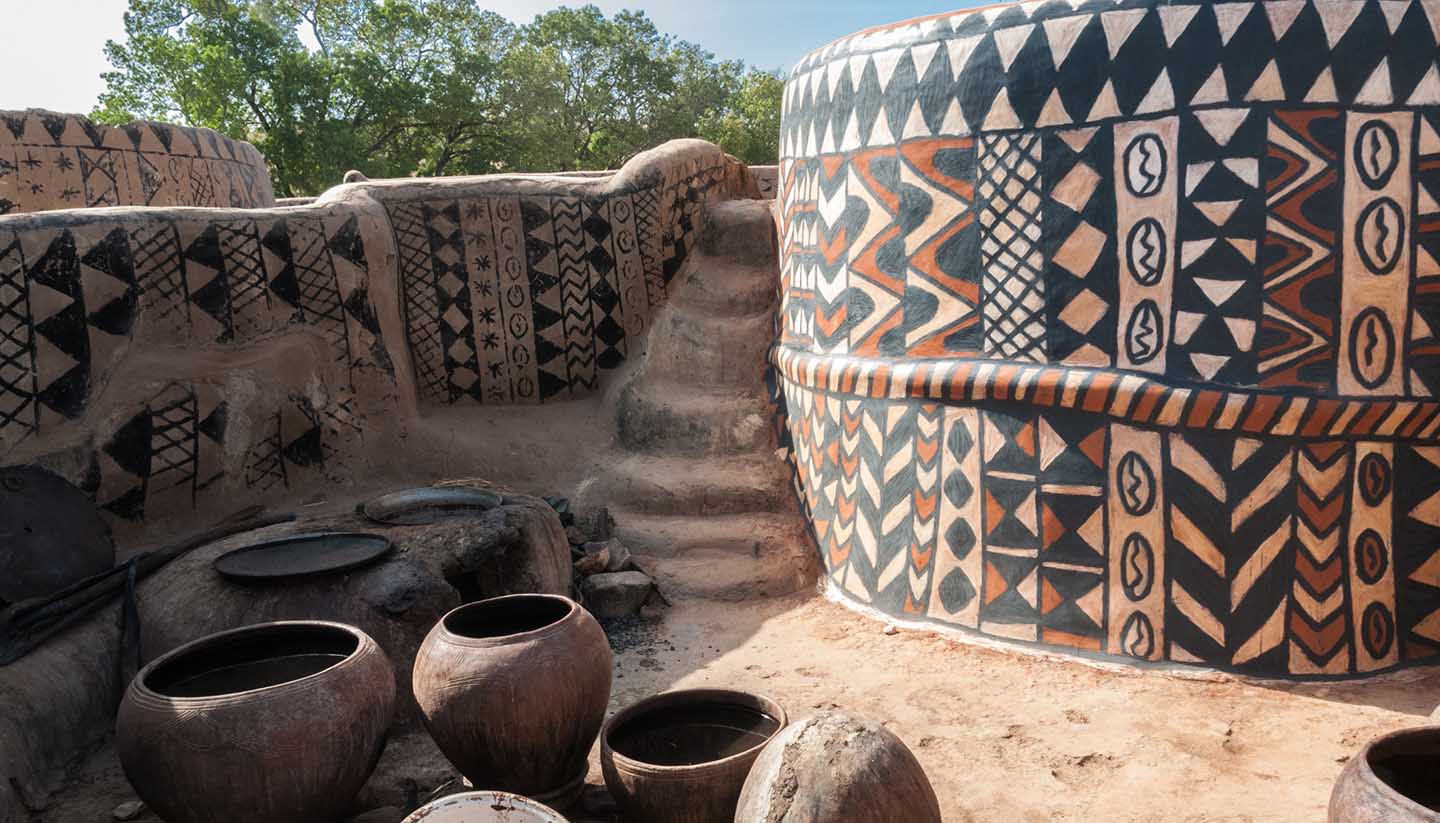Burkina Faso History, Language and Culture
History of Burkina Faso
Burkina Faso was once a part of the Great Mossi Empire, one of the strongest of ancient African kingdoms. The Mossi Empire was still in place when the whole region was annexed by the French in 1896. After a period as part of the colony of Upper Senegal-Niger, the territory was reorganised as the separate colony of Upper Volta in 1919.
It was then carved up between Côte d'Ivoire, Niger and French Sudan (now Mali) in 1932, only to be reconstituted as an independent entity in 1947, as a French Overseas Territory.
Internal self-government was granted in 1957, with full independence (as Upper Volta) following three years later. The early years of independence were largely dominated by the military, notably the regime of General Sangoule J Lamizana, who ousted the civilian government of Maurice Yameogo in 1966 and ruled until 1980.
Lamizana was followed by another military government, followed in turn by a rebellion in 1983, which brought a group of young radical officers to power under the leadership of Thomas Sankara, who changed the country’s name to Burkina Faso the following year. The Sankara government laid down a new political direction for the country, which had previously pursued a capitalist scheme of economic development. Particular emphasis was put on the development of the rural economy.
However, growing tensions within the ruling National Revolutionary Council came to a violent climax in October 1987, when Sankara was killed in a revolt led by his second-in-command, Captain Blaise Compaoré. Under pressure from the international community and in particular France, a pluralist system of government was adopted in 1991.
Elections in 1998 and 2000 returned Compaoré and his party with substantial majorities but their integrity was undermined by opposition boycotts amid allegations of fraud and malpractice. He was eventually overthrown by popular revolt in October 2014 after attempting to extend his 27-year rule.
Since Compaoré’s overthrow, the country is returning to democratic principles, despite a couple of further false starts, with the support of the African Union and regional body ECOWAS.
Did you know?
• Burkina Faso roughly translates as ‘land of the upright people’.
• The country is home to 63 different ethnic groups.
• Burkina Faso has one of the highest fertility rates on earth, with the population increasing five-fold since independence.
Burkina Faso Culture
Religion in Burkina Faso
More than 40% follow animist beliefs; 50% are Muslim and 10% Christian (mostly Roman Catholic).
Social Conventions in Burkina Faso
Women are always expected to dress modestly since this is a Muslim country. Within the urban areas, many French customs prevail. Dress should be casual and appropriate for hot weather (yet short skirts and shorts are best avoided). Lounge suits for men and formal wear for women are required for evening entertainment. Burkina Faso is a fascinating country because of its diversity: over 60 ethnic groups dwell in this country, proud to be Burkinabé, and yet keen to preserve their own social and cultural idiosyncrasies. Outside the cities, little has changed for centuries and visitors should respect local customs and traditions.
Language in Burkina Faso
The official language is French. Several other languages such as Mossi, Mooré, Dioula, Peul, Fulfuldé and Gourmantché are also spoken.

